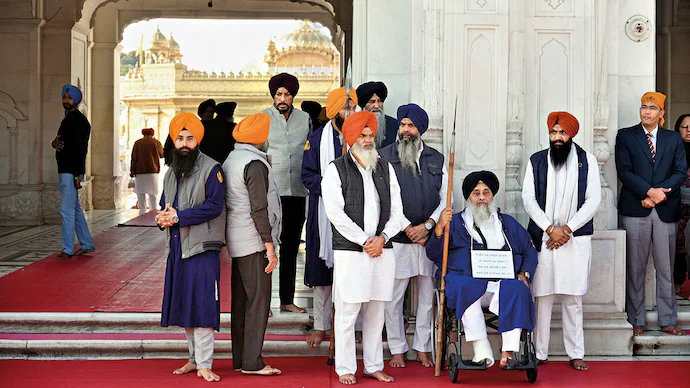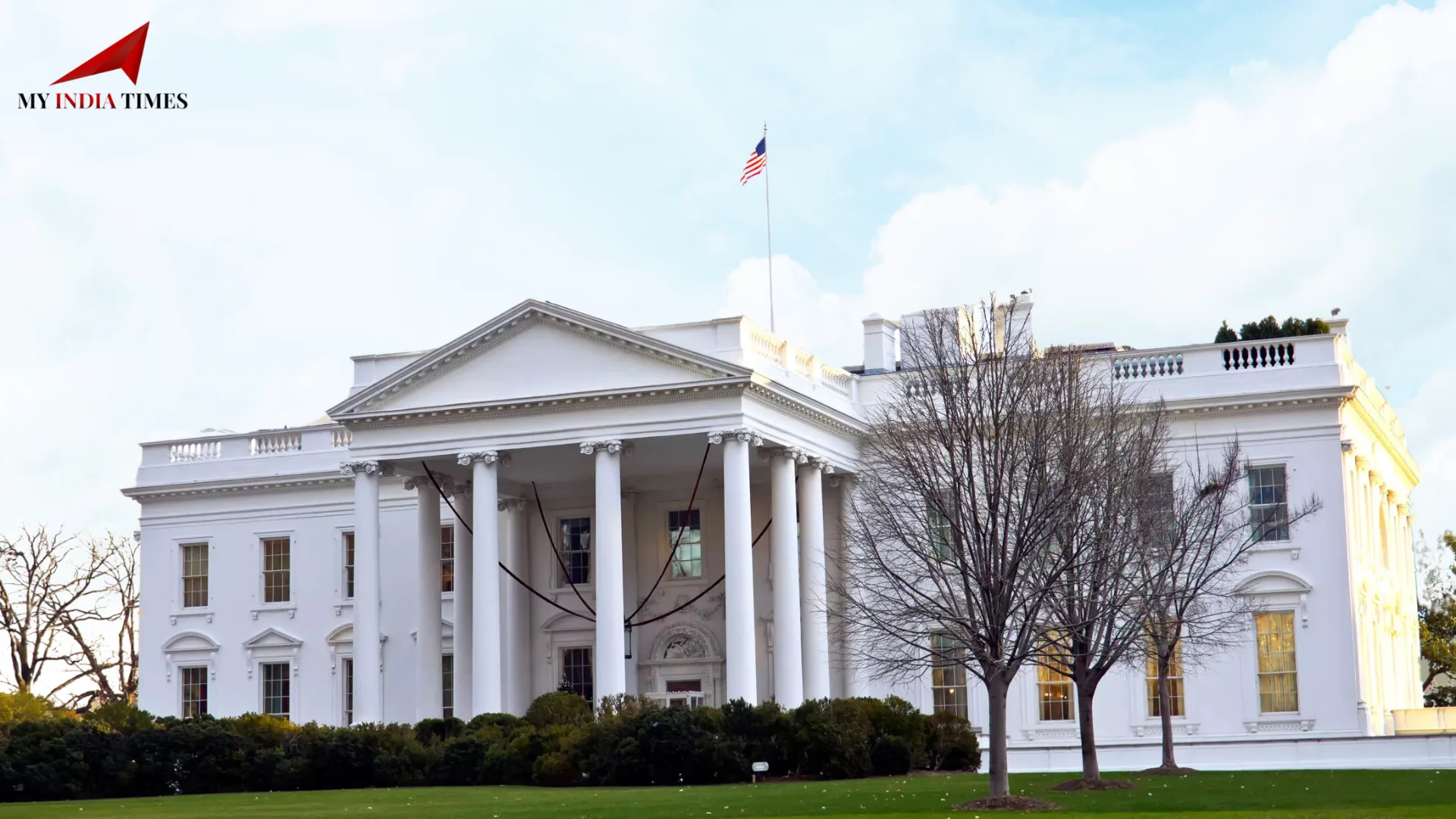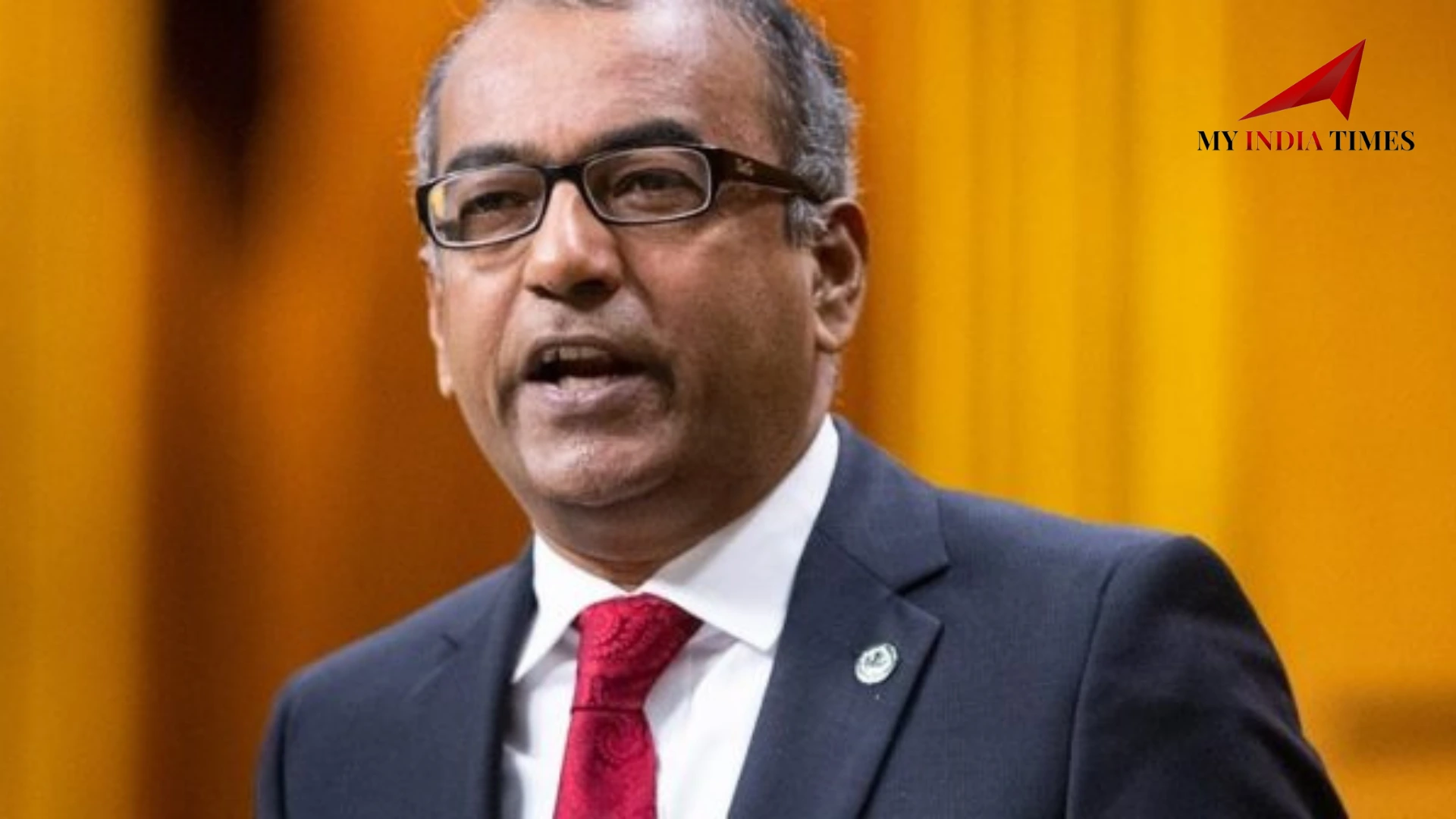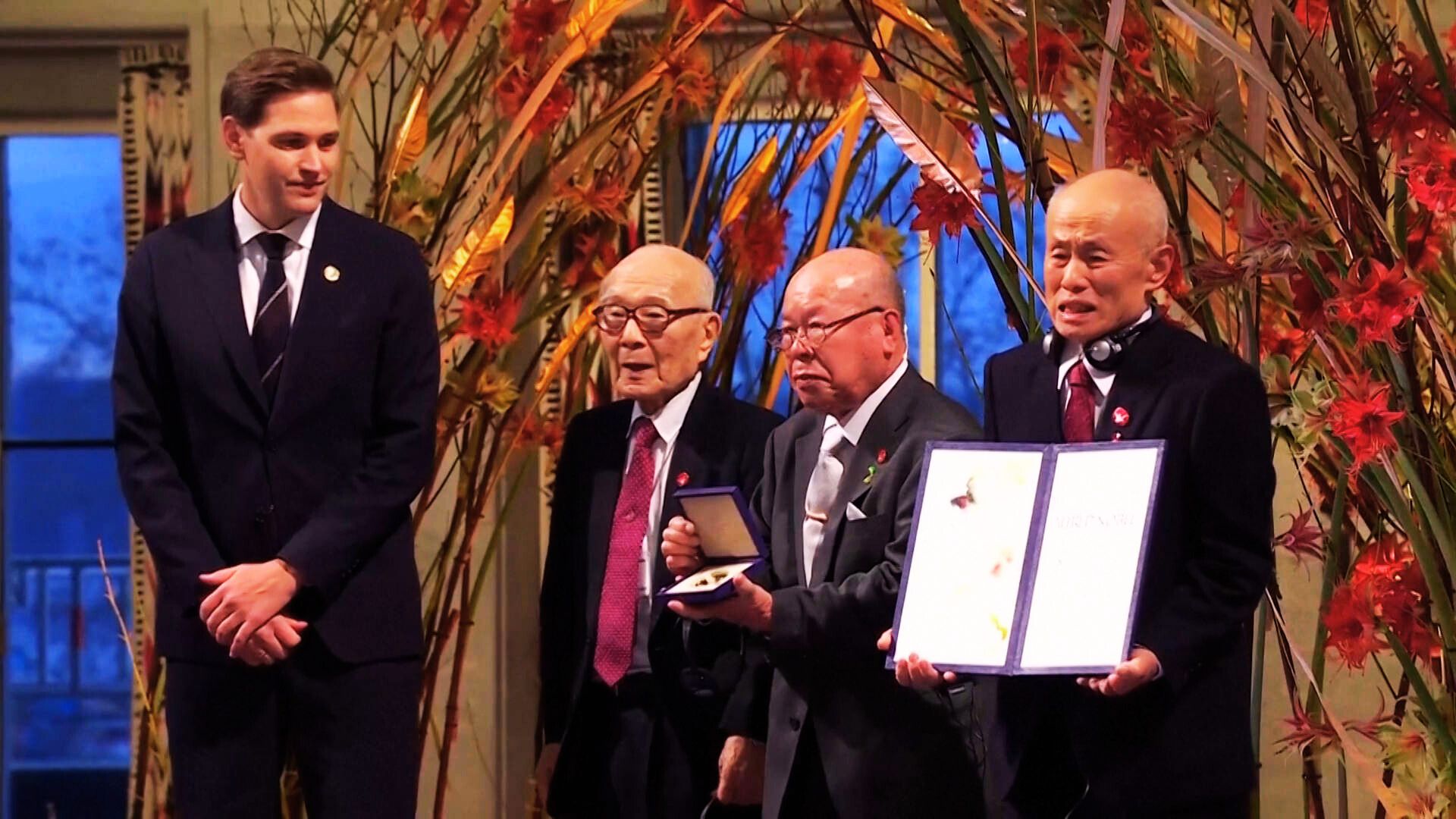Home / editorials / Sukhbir Badal and Akali Leaders Seek Forgiveness at Akal Takht After Completing Religious Penances
Sukhbir Badal and Akali Leaders Seek Forgiveness at Akal Takht After Completing Religious Penances
By: My India Times
3 minutes read 54Updated At: 2024-12-14

In a significant moment of accountability and tradition, Shiromani Akali Dal (SAD) President Sukhbir Singh Badal, along with other senior Akali leaders, visited the Akal Takht Sahib—the supreme temporal seat of the Sikhs—to seek forgiveness after completing their prescribed "tankhah" (religious penance). The visit marks the culmination of a process initiated following allegations of decisions that hurt Sikh sentiments during their previous political tenure.
The Path to Redemption
The Akal Takht, revered for its spiritual and temporal authority, had prescribed the "tankhah" for Sukhbir Badal and other SAD leaders after being held "guilty" in certain matters that sparked outrage within the Sikh community. The religious penances involved specific prayers and acts of service, aimed at spiritual cleansing and reparation for their perceived transgressions.
After months of introspection and adherence to the directives, the leaders arrived at the Akal Takht to submit their final report and seek the blessings of the Sikh clergy.
A Gesture of Responsibility or a Strategic Move?
The visit has garnered mixed reactions. For many devout Sikhs, this act is seen as a necessary and genuine gesture of accountability, rooted in Sikh values of humility and self-correction. However, critics view it as a politically motivated move, given the strained standing of the Akali Dal in Punjab’s political landscape and its efforts to regain trust among the Sikh electorate.
The completion of the "tankhah" comes at a time when the Akali Dal is attempting to rebuild its image and address the challenges of dwindling support within its traditional voter base. Observers see this moment as a blend of religious and political dimensions, where faith and strategy intertwine.
Sukhbir Badal’s Statement
Addressing the gathering after the ceremony, Sukhbir Badal reiterated his commitment to upholding Sikh values and expressed gratitude to the Akal Takht for providing an opportunity for atonement. “As Sikhs, we are bound by the guidance of the Akal Takht. This is not just a religious obligation but a personal commitment to our faith and community,” he said.
He also called for unity among the Sikh community, urging all factions to come together to preserve the sanctity of Sikh institutions and traditions.
What’s Next for the Akali Dal?
The SAD, once a dominant force in Punjab politics, has been navigating turbulent waters, particularly after parting ways with its long-standing ally, the BJP. The sacrilege incidents during its tenure and its controversial stand on the now-repealed farm laws have dented its credibility among core supporters.
By publicly completing the "tankhah," the Akali leadership seems to be taking a step toward reconciliation with the Sikh community. Whether this act will translate into a revival of its political fortunes remains to be seen.
A Community Watches Closely
The Akal Takht has historically played a pivotal role in guiding Sikh politics and societal issues. The symbolic act of penance by Sukhbir Badal and his colleagues underscores the weight of its authority and the deeply intertwined nature of religion and politics in Punjab.
For the Sikh community, this event is a reminder of the values of accountability and forgiveness ingrained in their faith. For the Akali Dal, it’s a moment of reckoning—a chance to reconnect with the principles that once made it a cornerstone of Punjab’s socio-political fabric.
The road ahead will test whether this act of atonement resonates with the electorate or fades as another footnote in Punjab’s complex political narrative.
....In a significant moment of accountability and tradition, Shiromani Akali Dal (SAD) President Sukhbir Singh Badal, along with other senior Akali leaders, visited the Akal Takht Sahib—the supreme temporal seat of the Sikhs—to seek forgiveness after completing their prescribed "tankhah" (religious penance). The visit marks the culmination of a process initiated following allegations of decisions that hurt Sikh sentiments during their previous political tenure.
The Path to Redemption
The Akal Takht, revered for its spiritual and temporal authority, had prescribed the "tankhah" for Sukhbir Badal and other SAD leaders after being held "guilty" in certain matters that sparked outrage within the Sikh community. The religious penances involved specific prayers and acts of service, aimed at spiritual cleansing and reparation for their perceived transgressions.
After months of introspection and adherence to the directives, the leaders arrived at the Akal Takht to submit their final report and seek the blessings of the Sikh clergy.
A Gesture of Responsibility or a Strategic Move?
The visit has garnered mixed reactions. For many devout Sikhs, this act is seen as a necessary and genuine gesture of accountability, rooted in Sikh values of humility and self-correction. However, critics view it as a politically motivated move, given the strained standing of the Akali Dal in Punjab’s political landscape and its efforts to regain trust among the Sikh electorate.
The completion of the "tankhah" comes at a time when the Akali Dal is attempting to rebuild its image and address the challenges of dwindling support within its traditional voter base. Observers see this moment as a blend of religious and political dimensions, where faith and strategy intertwine.
Sukhbir Badal’s Statement
Addressing the gathering after the ceremony, Sukhbir Badal reiterated his commitment to upholding Sikh values and expressed gratitude to the Akal Takht for providing an opportunity for atonement. “As Sikhs, we are bound by the guidance of the Akal Takht. This is not just a religious obligation but a personal commitment to our faith and community,” he said.
He also called for unity among the Sikh community, urging all factions to come together to preserve the sanctity of Sikh institutions and traditions.
What’s Next for the Akali Dal?
The SAD, once a dominant force in Punjab politics, has been navigating turbulent waters, particularly after parting ways with its long-standing ally, the BJP. The sacrilege incidents during its tenure and its controversial stand on the now-repealed farm laws have dented its credibility among core supporters.
By publicly completing the "tankhah," the Akali leadership seems to be taking a step toward reconciliation with the Sikh community. Whether this act will translate into a revival of its political fortunes remains to be seen.
A Community Watches Closely
The Akal Takht has historically played a pivotal role in guiding Sikh politics and societal issues. The symbolic act of penance by Sukhbir Badal and his colleagues underscores the weight of its authority and the deeply intertwined nature of religion and politics in Punjab.
For the Sikh community, this event is a reminder of the values of accountability and forgiveness ingrained in their faith. For the Akali Dal, it’s a moment of reckoning—a chance to reconnect with the principles that once made it a cornerstone of Punjab’s socio-political fabric.
The road ahead will test whether this act of atonement resonates with the electorate or fades as another footnote in Punjab’s complex political narrative.
By: My India Times
Updated At: 2024-12-14
Tags: editorials News | My India Times News | Trending News | Travel News
Join our WhatsApp Channel








































































































.png)
 (1).png)























